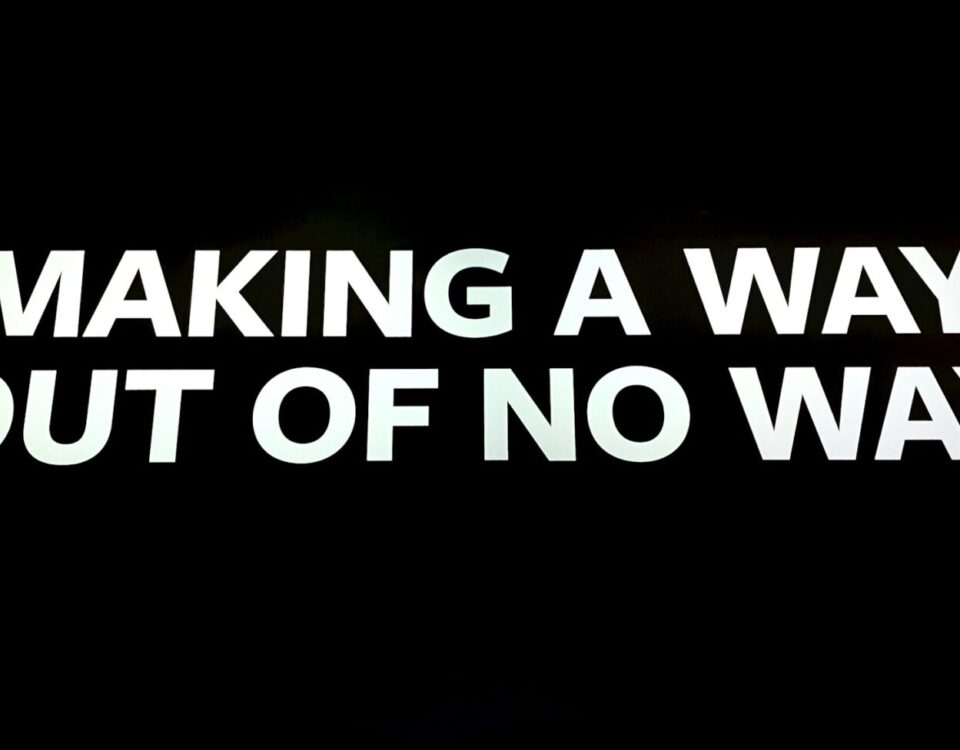
Aging and Relationship Transitions
May 3, 2023
We Interrupt Your Regularly Scheduled Blog…
May 17, 2023This post is the seventh in the series: Transitions. Other posts reflect on the transitions of spring, graduation, parenting, career, and aging, and relationships.
There are some diagnoses that create a shift in your life, a before and after perspective. Not the “you have strep, take these antibiotics, yes…all of them…and you will be better,” but those that change your life journey going forward. Like other transitions, adjusting to a new diagnosis is a process. These can happen at any age. As you get older you have a unique collection of diagnoses that overlap and interact with each other and all other aspects of your life. Here are some ways that a diagnosis can impact you:
Diagnosis as Relief
Finally! An answer to what has been going on. Not that they are good news, but it is an improvement over not knowing. I had months of stomach aches as a teen. After a few visits to the doctor, I was told that it was likely nerves and I needed to quit fussing. So, I quit telling people about the pain. Later that summer, after tubing down a river, I woke to excruciating pain. By 7am I was having an emergency appendectomy. I went from “nervous nelly” to “poor kid.” That diagnosis and treatment cleared things up. It also changed how I was viewed, that my assessment of my body was accurate.
Diagnosis as Revelation
Adults diagnosed with ADHD or autism spectrum disorders often feel a huge sense of “that explains it.” Quirky personality traits and struggles with adult expectations coalesce into a more understandable pattern of the diagnosis. You know which books to read, what kind of therapy might help, and can connect with others who have the same experience. Initially, you may over identify with the diagnosis: “I am ADHD.” In time, most people settle out to: “I am me, and I have ADHD, which impacts me in these specific ways.” This is a process of learning about the diagnosis, considering your own self, and integrating the two. Ideally, it results in less self-blame and shame.
Diagnosis as Faith or Existential Crisis
If your faith includes God as the creator, who designed you in the womb, what then does it mean that you have a diagnosis? Anger, betrayal, a sense that you are being punished by God or the universe. It takes time and support to reconsider your view of the infinite. For others the crisis is more existential – how does this impact me and my priorities. What does it mean to have this as a part of who you are? The struggle to manage your diagnosis with your existential or faith beliefs can be a lifelong journey.
Disgnosis as Limitation
A diagnosis can be a real and/or perceived limitation. For someone who likes to do outdoor sports an initial diagnosis, and the symptoms, of Crohn’s, diabetes, arthritis and more may seem to be an end to the active life they love. Learning where the actual limitations are, what supports help, and how to get around them takes a lot of energy, creativity, and reflection. A lot of diagnoses have symptoms that come and go. What can’t be done today may be possible next week. Keeping up with yourself is a process of awareness and reflection. Finding new ways to do the things you love, while caring for your unique self is an ongoing process.
As with all transitions there will be big feelings, a learning curve, and a need for self-compassion. Your reactions are legitimate – this is very personal and may impact you in ways that others don’t understand. Your close family and friends may have their own understanding and reactions, which may or may not be helpful to you. Take time to check in with yourself and your own needs as you learn, integrate, and adapt. Your increased book knowledge, experience, and somatic awareness will allow you to move forward the best that you can.
I am open to your feedback and interaction: if you agree or disagree with me send an email to resilience@LearnModelTeach.com. I look forward to to interacting with you.




